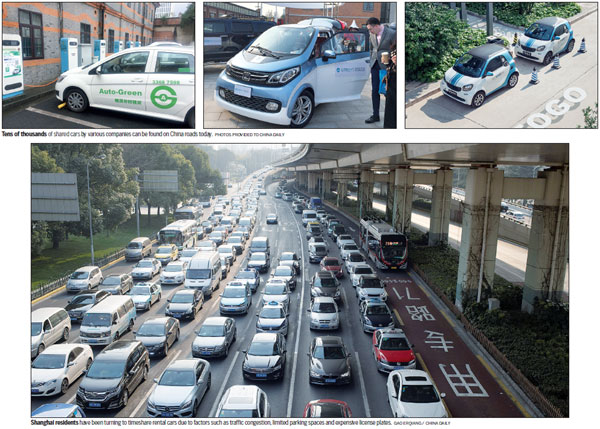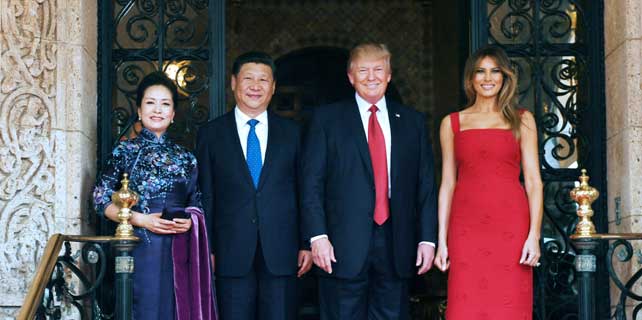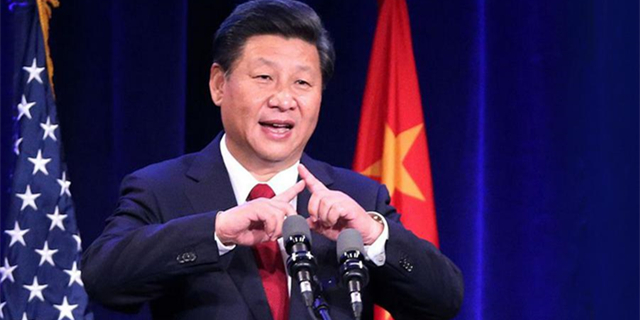Poised to hit the fast lane

Tapping into opportunities created by traffic jams and pollution concerns in major cities as well as the government's clean energy drive, car-sharing companies are looking to significantly expand their footprint in the coming years
From Airbnb apartments to Naked Hub office spaces to Ofo bicycles, the concept of sharing has been embraced by millions who have utilized these services for the convenience they afford.
The latest entrant to the sharing economy is cars, with more than 20 Chinese cities introducing timeshare rental cars to their roads.
In the latest report by UBS Investment Bank, the firm's Head of China Equity Research and Head of Asia Autos Research Hou Yankun cited car-sharing as one of the key areas the automotive industry will focus on in the coming decade. The other areas include electric vehicles, Internet of Vehicles and self-driving technology. The report also noted that the business outlook for all these car-sharing companies is positive.
"The utilization rate of a car is merely 4 percent - it spends only one hour per day on the road. The other 23 hours is spent in a parking lot. Timeshare rental is hence a good way to make the most of a car," said Hou, who also pointed out that attractive rental economics would help increase electric vehicle penetration.
Similar to bike-sharing startups like Mobike and Ofo, timeshare car rental companies allow users to locate vacant electric cars using a mobile app.
Earlier this year during the Chinese Lunar New Year period, car-sharing company Togo made its debut in the Shanghai market by putting Mercedes-Benz and Roewe E550 cars on the roads.
According to Luo Hanxin, head of Beijing Togo Science & Technology Co Ltd's marketing division, the company has placed more than 3,000 timeshare rental cars in the central business districts and shopping areas of Shanghai, Beijing, Shenzhen and Guangzhou of Guangdong province. More than 10,000 additional vehicles will be added to Beijing, Chongqing, Chengdu of Sichuan province and Sanya of Hainan province later this year.
He noted that traffic congestion, scarcity of parking space and limited license plates are the driving forces behind the development of car-sharing services in China.
Market insiders expect the timeshare concept to raise vehicle usage to between six and nine hours a day. According to Togo's calculation, each of their cars has the utilization rate of seven private vehicles.
One of Togo's competitors is Auto-Green, a brand under shared electric car operator Shanghai BDJD (Beidou and Jiao Tong University) New Energy Car Service Co Ltd.
CEO of Shanghai BDJD Huang Ningjun said that shared electric cars have an edge over traditional vehicles as drivers do not have to bid for license plates and vehicle maintenance is much cheaper - it costs less than 100 yuan ($14.5) per annum. Furthermore, the Chinese government has been eager to expand the size of the electric vehicle fleet in the country.
Launched in early 2016, Auto-Green operates more than 200 timeshare vehicles in Shanghai, including 150 that are self-owned. This year, the company is planning to expand its footprint to more than 1,000 electric vehicles across Shanghai and neighboring cities like Suzhou of Jiangsu province and Jiaxing of Zhejiang province. The distance between these cities and Shanghai is no more than 150 km, the maximum range of a fully-charged electric car.
According to Huang, Auto-Green received 5 million yuan in funding in early 2016 and will be undergoing a new round of financing soon.
Li Rubin, CEO of timeshare rental car platform Baojia Trip (Beijing) Technology Co Ltd, said that a number of private capital firms have been eyeing investment opportunities in the timeshare rental car business this year, with some having already placed their bets on up-and-coming companies. He also hailed shared electric cars as the solution to traffic congestion and the reduction of carbon emissions in major cities.
Baojia, which has a network that spans 188 Chinese cities, is currently collaborating with more than 20 timeshare rental operators, including Togo and Auto-Green, and private car owners.
Evcard is known as the nation's largest timeshare car rental operator. Public information showed that the company operates more than 8,400 cars in 23 cities. Evcard was reported saying that it is looking to expand its fleet of electric cars to more than 50 cities this year.
Research has found that most shared cars users are millennials. According to data by Togo, more than 60 percent of its more than 1 million users were born between the 1980s and 1990s.
Li projected that the timeshare rental car market will grow at a rate of 27 percent per annum and will hit up to 200 billion yuan by 2020.
"The ideal density for the timeshare rental market is to have about 1,000 people sharing a car. This means that Shanghai alone will require 30,000 shared cars," said Huang. "Only a few companies within the nationwide network can survive the competition, so we need to focus on developing and innovating so as to avoid getting marginalized."
wang_ying@chinadaily.com.cn
















